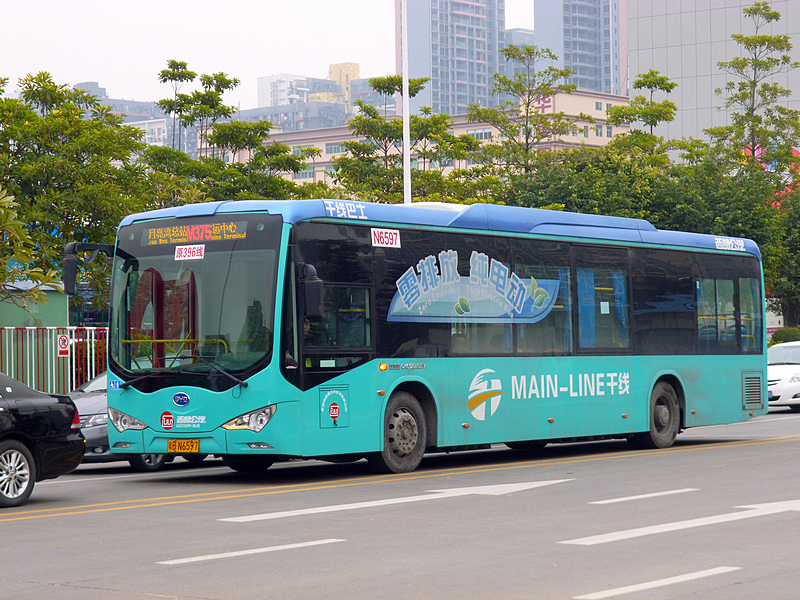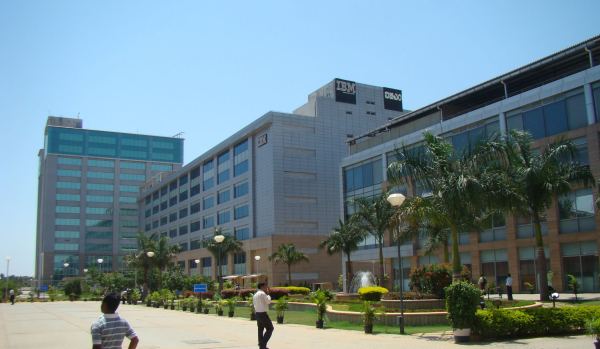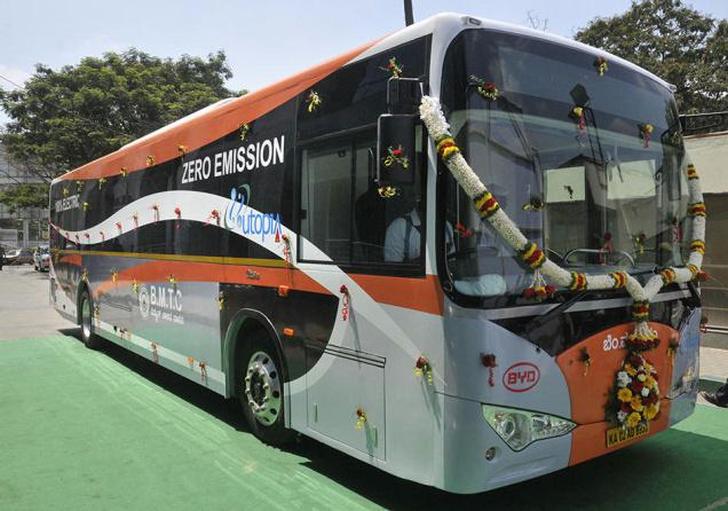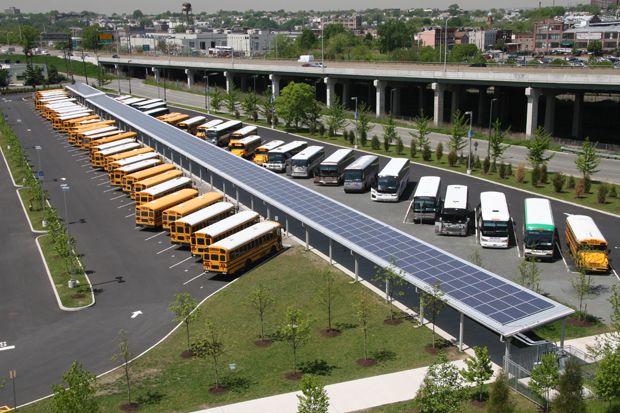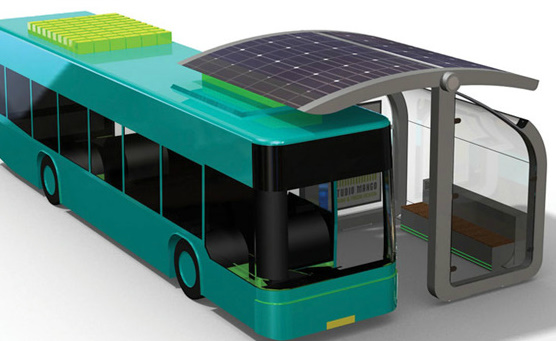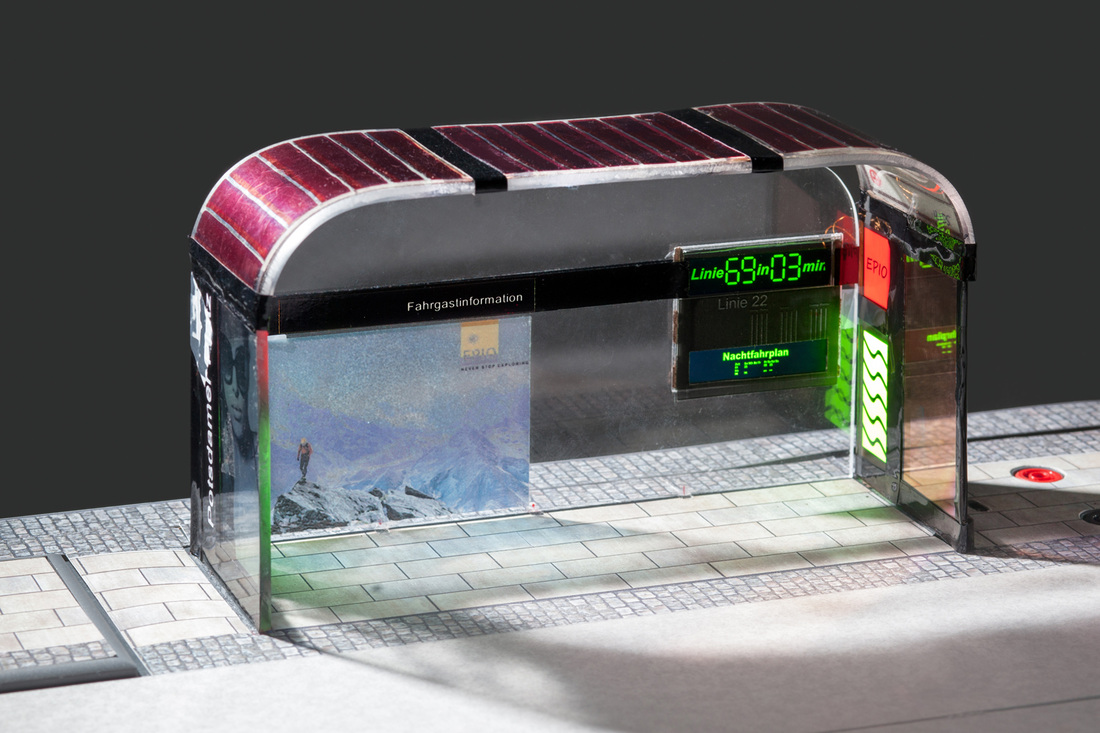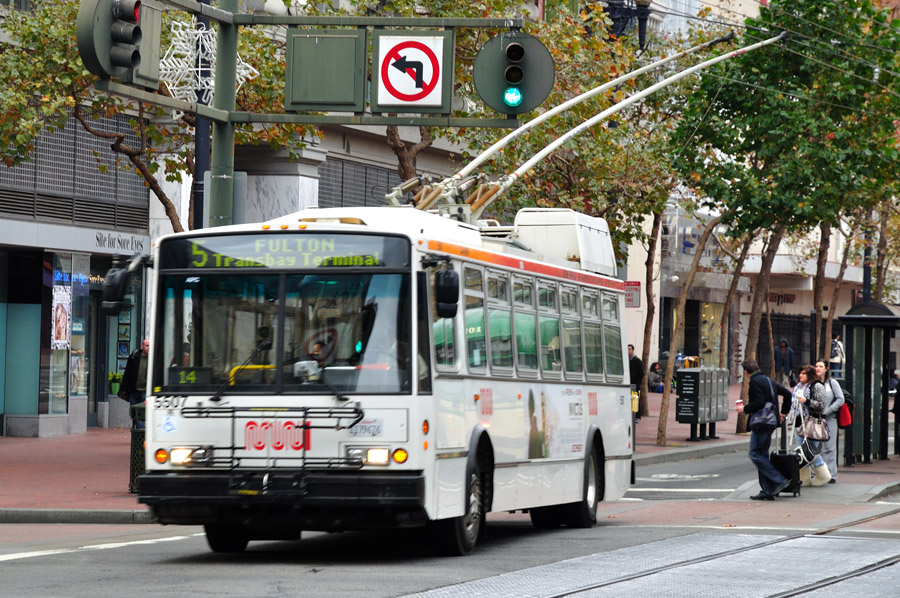Earlier Delhi 'tested' a CNG-Electric hybrid bus manufactured by Tata in 2010. But nothing came of out that exercise. It remains to be seen if, BMTC will actually procure these cool electric buses and add them to its fleet.
This is a baby step towards sustainable mass transit, which could save huge money on oil imports and cleanup the air in our cities.
- The BYD bus has a battery pack that can store 324 kWh of energy. Just for comparison, the Mahindra e2o electric car uses a 10kWh battery pack. A bus needs a lot of energy, due to its mass and this pack certainly provides that.
- The BYD bus uses a Lithium iron phosphate battery (LiFePO4), which has lithium iron phosphate (LiFePO4) as the cathode material. General Lithium Ion batteries found in electric cars have lithium cobalt dioxide (LiCoO2) as the cathode material. The Lithium-iron phosphate battery has edge over the Li-ion battery as It has superior chemical and thermal stability. A Lithium-iron phosphate battery remains cool at room temperature while the Li-ion may suffer thermal runaway and heats up faster under similar charging conditions.
However the disadvantage of Lithium iron phosphate battery is that the energy density (energy/volume) of is around 14% lower than that of a new Li-Ion battery pack.
But the BYD bus has enough space to add more battery packs for its energy needs. - A range of 250 km per charge. BMTC plans to operate the bus on trial basis for three months between Kempe Gowda bus depot and Kadugodi. The bus can make about eight trips on the route, with a full charge.
- 6 hours to fully charge the battery pack
- Top speed of 96 kmph
Apparently the BMTC will test the bus for 3 months and then take a decision on purchasing the bus.The cost of 2.7 Cr per bus is expensive. They should consider looking at other manufacturers too. Apparently the Volvo bus costs around 1.5 Cr (But it also has lesser range).
Whatever decision the BMTC makes, in the long term these buses will definitely save money and help reduce out dependence on imported oil which are paid in Dollars.
The BYD bus will run 250 km per charge and will cost just Rs 1620 (325 kWh battery pack and electricity at Rs 5 per unit). No oil based bus can provide that kind of economy. The best option would be to install Solar Panels on the bus terminals and you have clean, free energy powering our mass transit.

A Bus travelling 100 kms would consume 25 liters of Diesel. The cost of a liter of diesel in 2014 is Rs 58. Assuming, it goes around 250 kms every day, it will need 62.5 liters of diesel per day. The cost of this is:
Rs 58 x 62.5 = Rs 3,625 per day
Rs 3,625 x 30 days = Rs 108,750 per month
Rs 3,625 x 365 days = 13,23,125 per year.
If using Solar Panels, an electric Bus can save Rs 13.23 Lakh each year then 100 electric buses can save Rs 13,23,12,500. If these 100 buses charge from the grid it will still save about 13,00,00,000 per year.
If 1 electric bus can save Rs 13 Lakh each year then 100 electric Buses can save Rs 13 Crore 23 Lakhs per year. As the diesel price increases the bus will keep saving more and more!
We would advice the transport minister of Bangalore to blindly place an order of 100 BYD buses, if the tests are successful.
Many European cities have these too. A bus has a fixed route, so this is an ideal option. All that is needed is the infrastructure of the poles and the electric cables.
This system can be introduced in our cities at the fraction of the cost as compared to the battery based electric buses. This also eliminates the need for 'wait time' during charging.
But given the chaotic nature of Indian roads, its extremely challenging to develop a trolley system here.
Indian cities are chocking with vehicle pollution. We are glad to see Bangalore test these zero emission buses. Hope other cities test these too!
These zero emission buses will ensure our children will breathe clean air in our cities.

